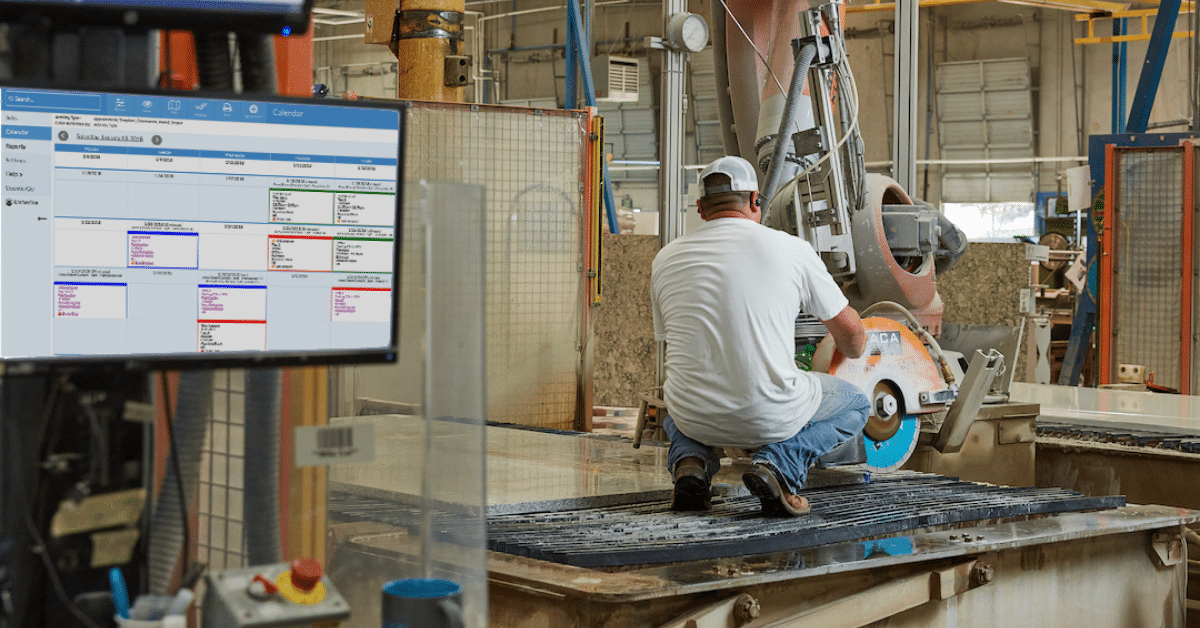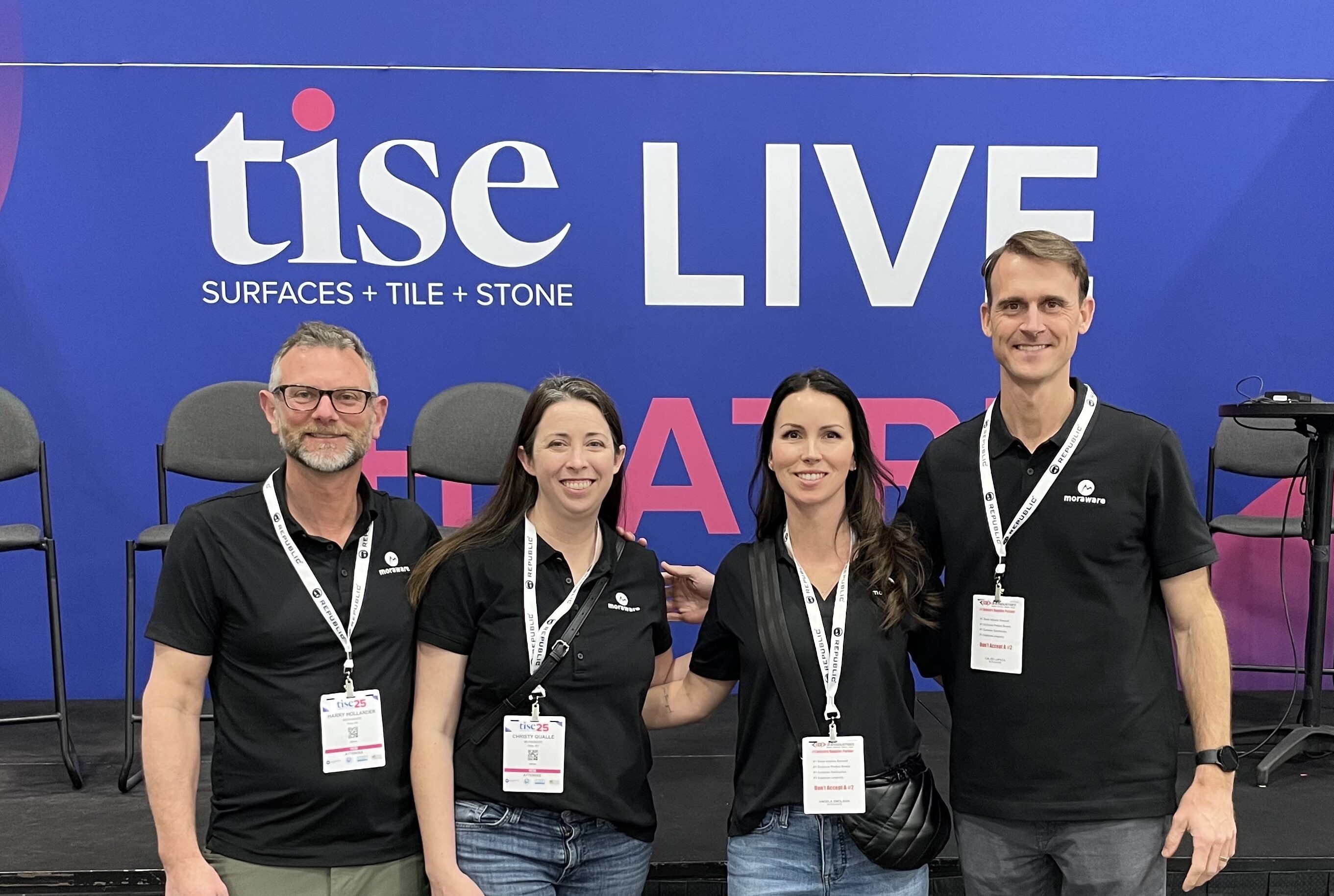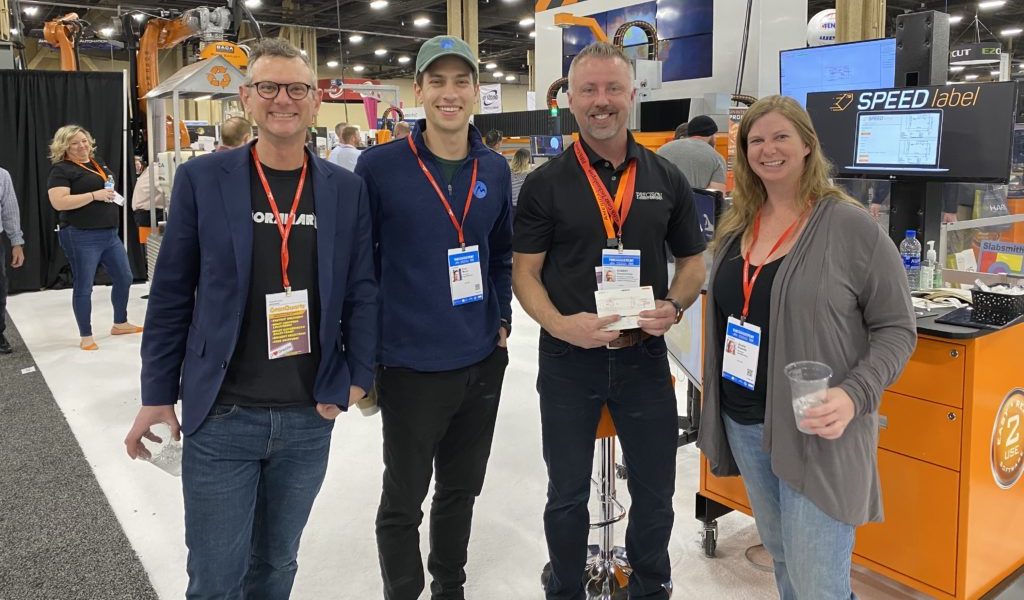Conventional wisdom might suggest that having extraordinary success in one segment of the market is the ultimate goal for any business. The benefit is a virtually assured stream of profitable income combined with the security that comes from knowing your customer base is solidly in your corner.
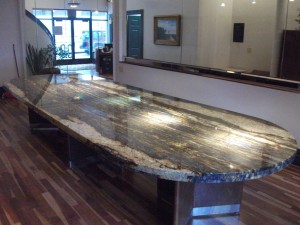 For Clark Taylor and Matt Pearson of Aspen Countertops, however, their domination in the homebuilder market at the turn of the century only made them realize it was time to diversify.
For Clark Taylor and Matt Pearson of Aspen Countertops, however, their domination in the homebuilder market at the turn of the century only made them realize it was time to diversify.
“In a way, we kind of saw the recession coming,” explains Taylor, who partnered with Pearson to purchase a small laminate operation called Aspen Countertops in 1998.
“We started to diversify in as many directions as we could. The first thing we did was set ourselves up to open up the Costco program here in Utah to provide countertops. As IKEA came into the state we got on board within the first six months. Then we bought a small cabinet company that did a lot of work with the home builders. We knew that was going to be an issue, but we wanted to position ourselves to open up the cabinet program with Costco.”
Tweaking The Process
At the same time Pearson and Taylor began working on making their internal processes more efficient in order to reduce costs and improve turnaround times. “We did some motion studies and analyzed all of our processes,” says Taylor. “That kind of tweaking, for example, helped us process more square footage on one bridge saw than other people we knew – almost twice as much in same period of time.”
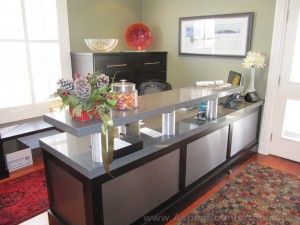
“During the recession we did a lot of commercial work, which I think a lot of people turned to,” Taylor recalls. “But, the thing about commercial is you need to have project managers. That is one way we differentiated ourselves, by having these people here dedicated to customer service, both for the retail customer and for commercial projects.”
Two Areas Of Diversification
It turns out that providing exceptional customer service is one of two reasons Taylor cites why people do business with his company. Every process in the company goes through a “three check” system of quality control before being slated for delivery, and there are customer service project managers in place for both commercial and residential projects.
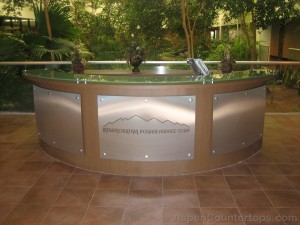
With the economy now improving, Pearson and Taylor continue to pursue a philosophy of generating growth through diversification. “One of the things we try to do is not let any one customer be more than 8% of the business,” Taylor explains.
“We are in a period now of picking and choosing the best business. We actually let go some business with customers that were not quite as profitable. So we are trying to become more efficient and to pick the better business so that we can position ourselves to grow and move into a little better facility.”
Want to know more? At Moraware, we make software for countertop fabricators. CounterGo is countertop drawing, layout, and estimating software. JobTracker is scheduling software that helps you eliminate the time you waste looking for job folders. RemnantSwap is a free place to buy and sell granite remnants with fabricators near you.

